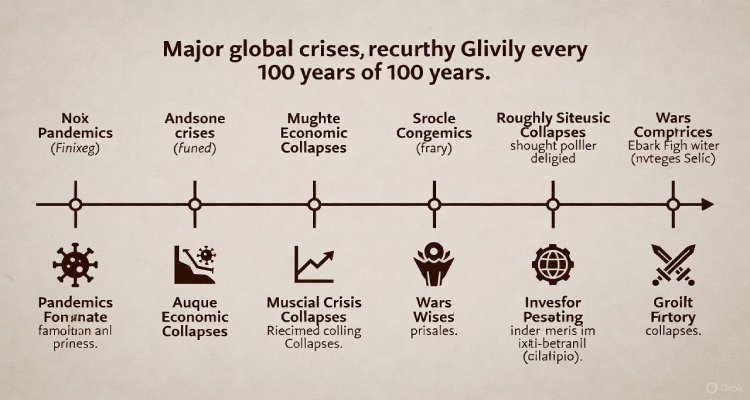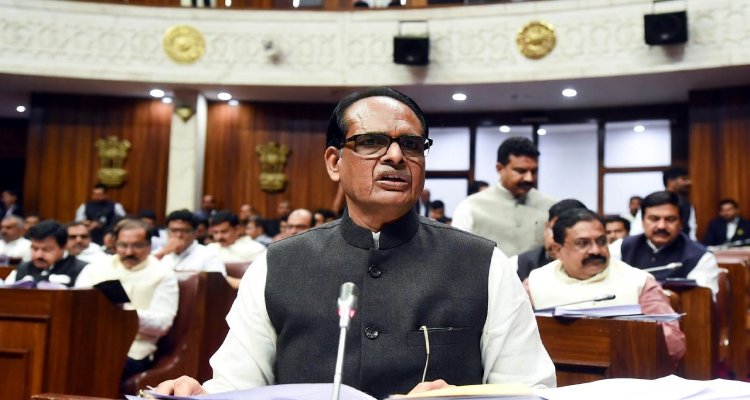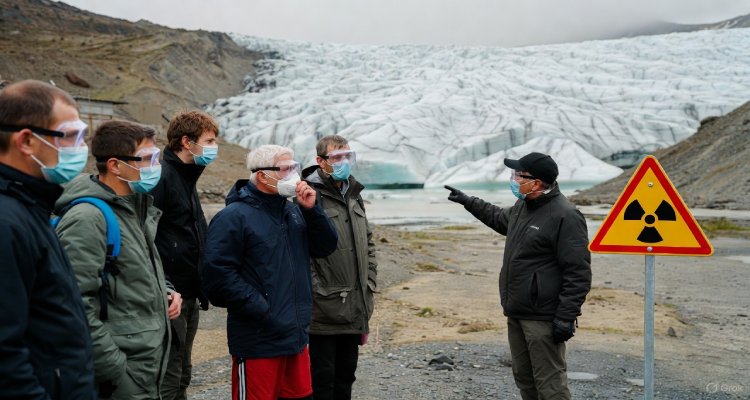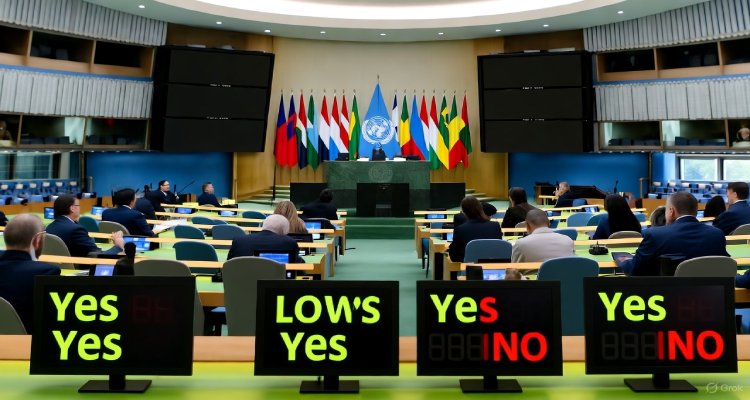The US Embargo Against Cuba and Why the World Wants It to End
The UN General Assembly, for the 33rd year, overwhelmingly called for the end of the US embargo on Cuba, a Cold War relic now widely seen as a source of economic hardship for millions of Cubans.
Introduction
On October 29, 2025, the United Nations General Assembly delivered a resounding message: the overwhelming majority of the world’s nations demanded, once again, that the United States lift its longstanding embargo against Cuba. For the 33rd consecutive year, this annual resolution passed with 165 countries in favor, seven against, and twelve abstentions—a clear sign of global disapproval of the American policy that’s shaped Cuban life for more than six decades.news.un+4
Context & Background
The US embargo, known in Cuba as “el bloqueo,” has its roots in the Cold War era. Following the Cuban Revolution in 1959, the island nation’s growing alignment with the Soviet Union alarmed US policymakers. President Dwight D. Eisenhower’s administration imposed the first trade restrictions in 1960, which President John F. Kennedy expanded into a comprehensive embargo in 1962. Over time, the policy has grown even more robust through legislation such as the Cuban Democracy (Torricelli) Act of 1992 and the Cuban Liberty and Democratic Solidarity (Helms–Burton) Act of 1996. These laws not only maintained trade prohibitions but attempted to extend US influence by penalizing foreign companies that do business with Cuba.wola+2
While the embargo was justified by US authorities as a means to pressure for democratic reforms and protect American property claims, it quickly took on a life of its own—becoming one of the world’s longest-running and most controversial sanctions regimes.responsiblestatecraft+2
Main Developments
The 2025 UN resolution, formally known as ‘Necessity of ending the economic, commercial and financial embargo imposed by the United States of America against Cuba,’ was supported by 165 nations, while seven—including the US, Israel, Argentina, Hungary, Paraguay, North Macedonia, and Ukraine—voted against it, and twelve abstained. This marked a slight decline in support compared to previous years, amid shifting geopolitical currents and Cuba’s own controversial foreign alliances.press.un+2
Recent years have witnessed significant diplomatic shifts. Under President Obama, a thaw in relations led to restored embassies, loosened restrictions, and brief optimism for change. But those advances were reversed during the Trump administration and the subsequent designation of Cuba as a “State Sponsor of Terrorism.” In 2025, President Trump’s renewed sanctions reinforced the embargo, reflecting deep divisions in US politics and global perspectives on the issue.ohchr+1
Expert Insight and Public Reaction
Economists, human rights experts, and ordinary Cubans broadly agree that the embargo’s effects are catastrophic for Cuba’s economy and society. “As a small island, Cuba is in a position where it depends on trade to survive… the embargo has cost the country close to $144 billion,” says Dr. Ricardo Torrez Pérez, a leading Cuban economist.wola
Human rights experts warn that the embargo disproportionately impacts the most vulnerable—women, children, the elderly, and people with disabilities—by restricting access to medicine, medical equipment, food supplies, and financial relief. According to the UN, Cuba suffered an estimated $7.5 billion in material losses between March 2024 and February 2025 alone. Frequent shortages, inflation, and diminished business prospects remain daily realities for Cubans of all backgrounds.counterpunch+1
Public sentiment within Cuba is marked by frustration over rising costs and dwindling opportunities, while international observers—including many US allies—view the embargo as a relic of Cold War policy that primarily penalizes ordinary people rather than advancing democratic reform.apnews+2
Impact & Implications
The embargo continues to inflict widespread hardship in almost every sector of Cuban society:
-
Economy: Losses estimated at over $2 trillion (adjusted for inflation) since inception, with GDP down and trade deficits compounding each year.counterpunch
-
Daily Life: Severe constraints on access to food, pharmaceuticals, medical devices, and fuel, as Cuba is forced to conduct trade via expensive, roundabout routes.wola+1
-
Public Health: A critical lack of medical supplies, diagnostic tools, and treatment equipment, exacerbated by restrictions on US-origin medical goods.ohchr
-
Agriculture: Higher prices for seeds, fertilizer, and agricultural machinery, making domestic food production more expensive and less reliable.counterpunch
-
Tourism and Private Sector: The tourism industry and burgeoning small businesses suffer from lack of investment, direct flights, remittances, and access to digital commerce.wola+1
-
Social Development: Vulnerable groups are hardest hit, with the blockade’s effects permeating education, public works, and the island’s ability to recover from hurricanes or economic shocks.ohchr+1
While the embargo is frequently condemned on humanitarian grounds, some US officials argue it remains an important diplomatic tool to encourage reform and address national security concerns. Critics reply that it provides the Cuban government with a ready-made scapegoat for its own failures and stokes anti-American sentiment.britannica+2
The non-binding nature of the UN resolution underscores the limits of international influence on US policy, yet the repeated calls for change reflect a near-universal frustration with the humanitarian and economic consequences of the blockade.news.un+1
Conclusion
The US embargo on Cuba is among the most enduring legacies of Cold War hostility and stands as a focal point of global debate over sanctions and human rights. Despite more than thirty years of overwhelming annual votes at the United Nations, diplomatic and political factors in Washington have kept the policy in place. The world’s message, however, is increasingly clear: it is time to reevaluate a policy whose costs, critics say, are borne most heavily by ordinary Cubans—while the intended political results remain elusive.britannica+3
Disclaimer :This article is intended for educational and informational purposes only. It does not constitute legal, financial, or diplomatic advice.











